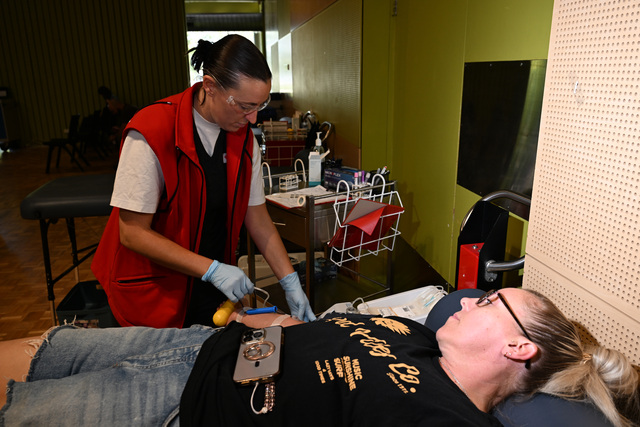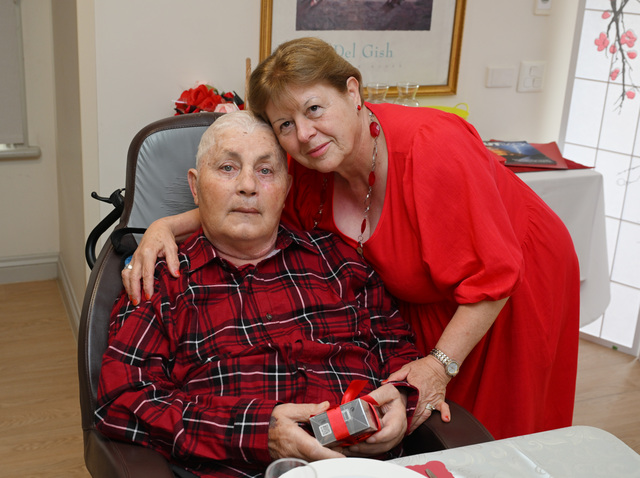Junior doctors at the Sunshine Hospital have launched legal action amid claims they are working beyond exhaustion, underpaid and not given mandatory clinical training – issues they say are putting patients at risk.
The fresh claims of exploitation among trainee doctors have prompted the Australian Medical Association’s Victorian branch to pursue action against Western Health, which operates Sunshine and Footscray hospitals, through the Fair Work Commission.
Doctors at the health service have said they can work about 60 hours a week, often clocking up 40 hours of overtime on top of their rostered 86 hours a fortnight, and have been rarely allocated time to attend clinical training.
The AMA alleges Sunshine Hospital is in breach of its legal obligations.
The case focuses on claims registrars were not being given the 10 hours of clinical training a fortnight mandated under their medical enterprise agreement.
Under the medical enterprise agreement, registrars at Sunshine Hospital are rostered to work 86 hours per fortnight, 10 of which must be set aside for medical training.
One junior doctor, who was part of the initial claim and spoke to
The Age on the condition of anonymity, described a toxic and intimidating culture in which trainees were pressured to fudge their overtime hours.
“Not being able to receive critical training is symbolic of a hospital where a workload is out of control and you’re staying back just to make sure patients are safe,” the doctor said. “But they often question why you can’t get everything done in your shift and blame you for it. It makes you feel powerless, embarrassed and frustrated.”
She described instances where it was not uncommon to see junior doctors crying in the residential quarters “because they felt so overstretched, overworked and that they weren’t doing their job well enough”.
The doctor said some of her colleagues were medicated for anxiety and depression.
Western Health chief medical officer Dr Paul Eleftheriou said the health service had recently changed work practices to reduce the workload on junior doctors and ensure access to training.
“This includes improved rostered access to training time and the introduction of a new training time guideline following consultation with medical staff, as well as improved processes for claiming overtime hours,” he said.
Dr Eleftheriou stressed that the ongoing Fair Work Commission negotiations dealt with conditions prior to reforms at the hospital.
The Age

















